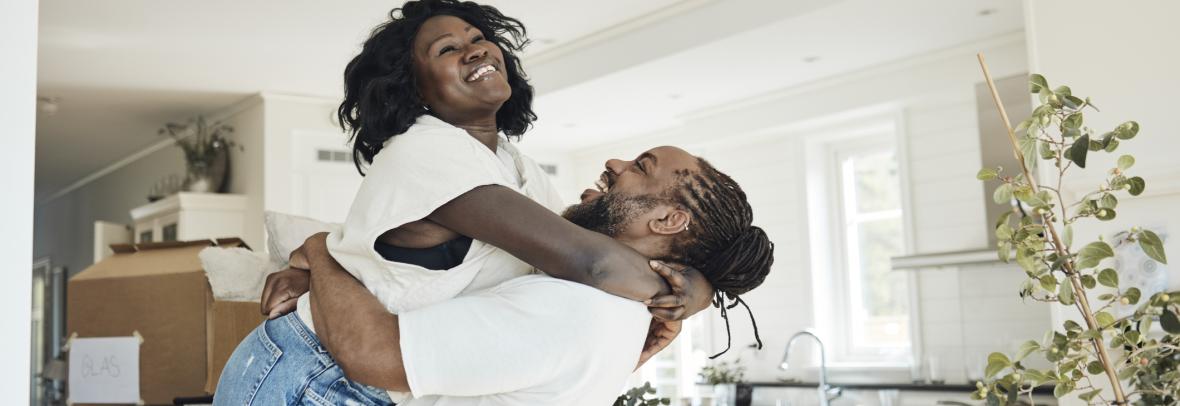
Buy or Rent? Deciding What’s Best for You
When deciding between renting and buying, consider all the factors including the advantages of building equity versus the flexibility of renting. First-time buyers often have limited experience.
NEW YORK – The decision between renting and buying can feel like standing at a crossroads. The economy and home buying environment seem like they're constantly changing and becoming more complicated while home costs (along with everything else) have risen.
For first-time homebuyers with limited experience, it may seem easier to just keep renting rather than face the reality of home buying anxiety. Here, we'll break down the pros and cons of buying vs. renting.
Home prices go through cycles, apart from the "great housing crisis" in the mid-2000s, home prices have done nothing but climb. By waiting, you risk having to pay more later. Either way, you're going to end up with a higher housing payment, it's just a matter of whether you're paying it into your own investment (home) or a landlord's.
Don't get me wrong, homeownership isn't for everyone. If you have a job that makes you move often, or you aren't planning on staying somewhere for five years or more, you may want to examine other housing options. There are also additional costs associated with owning a home. Things will inevitably break, need to be repaired and/or updated, and there's regular maintenance like cleaning gutters and mowing the lawn that you'll need to handle.
If you aren't handy, you'll need to be willing and able to hire the right people to do the job.
Renting vs. building equity
Renting offers flexibility and freedom from the responsibilities of homeownership. There's no need to worry about maintenance costs or property taxes. However, your cost of renting will probably include those costs for the landlord's trouble and renting doesn't build equity — which could be very useful for you in a later stage of life. Don't sell the future you short. Long term, your rent payments will likely increase over time, whereas home loan principal and interest payments, if considering a fixed rate mortgage, will be consistent until the loan is paid in full.
Low down payments and special borrowing programs can allow you to take advantage of home ownership now, which can be a significant financial benefit in the long run.
Low down payments and homeownership
Many first-time buyers are concerned about the hefty down payment traditionally associated with purchasing a home.
The good news is, there are various loan programs available that allow for lower down payments, sometimes as low as 3% or even 0% for certain qualifying individuals. While a low down payment might mean higher monthly payments or additional mortgage insurance, it can be a steppingstone towards homeownership without a substantial upfront cost. A low or no down payment doesn't mean you don't have to bring your wallet to the closing table though. There are still costs associated with getting those keys in your hands. Your Mortgage Lender can help guide and prepare you for those up-front costs.
Consulting with professionals
Navigating the realm of real estate, especially in a changing economic environment, can be daunting. Seeking guidance from real estate professionals, financial advisors and mortgage experts is invaluable. Trusted professionals can help assess your unique situation, offer insights into market trends, and guide you toward making an informed decision.
Start by talking to your local financial institution to explore the home ownership solutions they offer. You may be surprised by just how many programs are available to help make homeownership possible.
Ultimately, whether you choose to buy or rent, what matters most is making a decision that aligns with your lifestyle, financial capability and long-term aspirations.
© Copyright © 2024 The Larue County Herald News, Landmark Community Newspapers LLC (LCNI). All rights reserved
